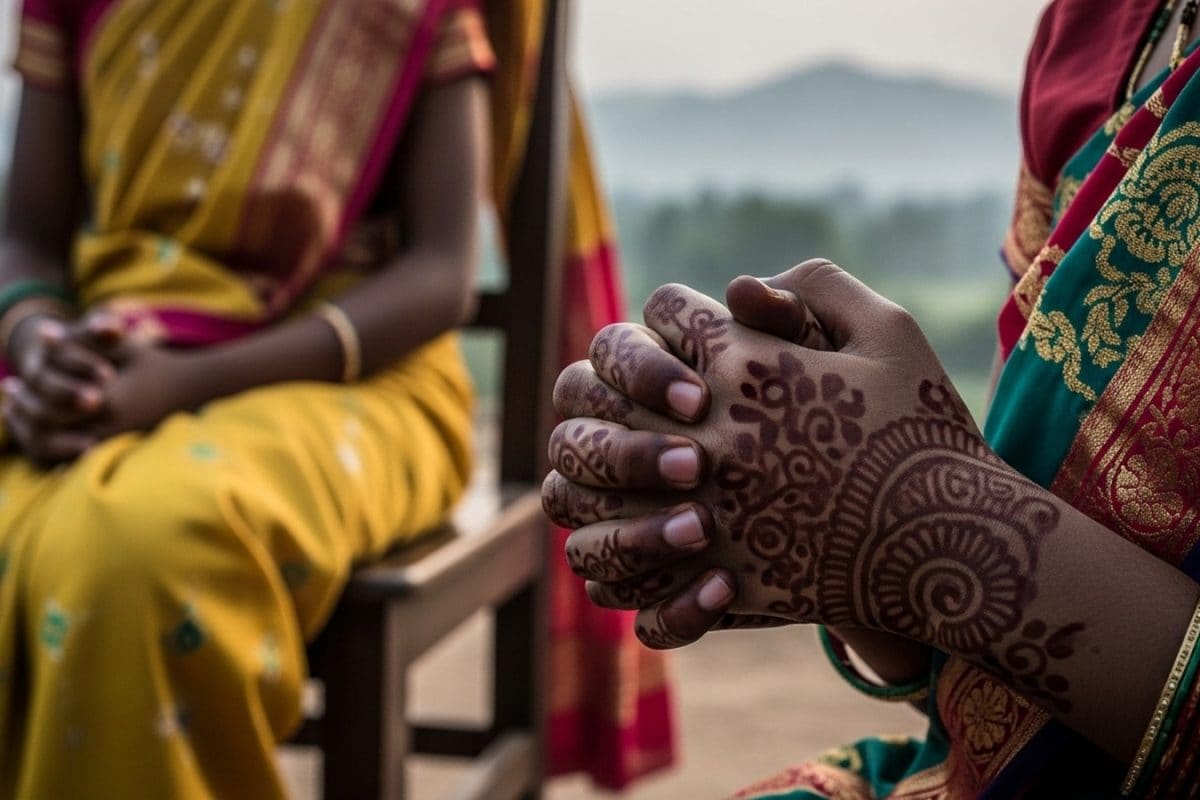

The Karnataka government is set to amend the Prohibition of Child Marriage Act, 2006, to make it more stringent in response to the rising number of child marriages in the state. The proposed amendment will criminalize not only the act of child marriage itself but also the attempts and preparations for such marriages, including engagements. This move aims to address a loophole where child marriages were being conducted under the guise of engagements to evade legal consequences.
The draft of the Prohibition of Child Marriage (Karnataka Amendment) Bill, 2025, proposes to punish those who facilitate and are involved in the preparations, as well as solemnizing a child marriage, widening the window for legal consequences for other family members and community leaders involved. According to the draft bill, individuals involved in the attempt or preparation of a child marriage or engagement could face rigorous imprisonment of up to two years and a fine of up to Rs 1 lakh.
According to data from the Women and Child Welfare Department, as many as 2,165 child marriages took place in Karnataka between April 2021 and March 2025. While 418 child marriages were reported in 2021, the number almost doubled to 799 in 2024. In the year 2024-2025, the state reported approximately 700 child marriages. In the same period, authorities prevented 2,349 child marriages out of 3,049 reported attempts.
The existing Prohibition of Child Marriage Act, 2006, only punishes those who abet or are directly involved in child marriages, primarily the parents, while declaring the marriages null and void. The proposed amendment seeks to expand the scope of legal consequences to include other family members and community leaders involved in facilitating or preparing for the marriage. Section 10 of the existing Act, which pertains to "punishment for solemnising a child marriage," will be amended to "punishment for preparation and solemnising a child marriage".
The bill is expected to be tabled in the upcoming monsoon session of the state legislature. Since the amendments relate to a Central Act, the bill will require the President's assent after being passed by the state legislature.
The Karnataka Child Rights Observatory has urged the state government to establish stringent regulations to prevent child marriages and ensure free and compulsory education for all girls up to the age of 18.
In addition to the proposed legislative changes, the Karnataka government has taken other steps to combat child marriage, including appointing pre-university college principals as Child Marriage Prohibition Officers (CMPOs). These officers are authorized to intervene upon receiving information about a potential child marriage and can take action to stop the marriage and initiate police कार्रवाई against those involved.
Chief Minister Siddaramaiah has expressed serious concerns about the continued prevalence of child marriages and increasing teenage pregnancies in the state. He has directed district-level officials to improve the implementation of existing laws and take strict action against those neglecting their duties.